You Can Always Dance
In which Norm spins up Mike Flanagan's wonderful adaptation of THE LIFE OF CHUCK.
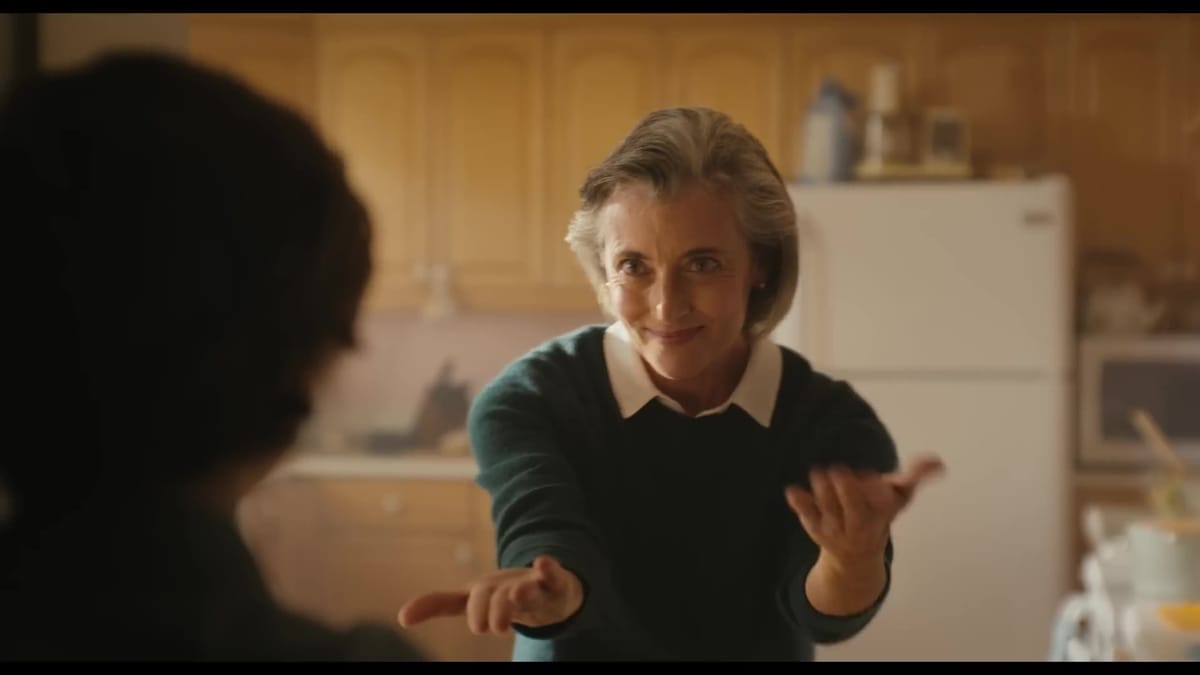
When I was in university, forever ago, I caught the back half of a CBC radio program about the end of existence. The guests were all scientists, discussing entropy and cosmic collapse and the heat death of the universe, all the things that would likely happen long after humanity had gone extinct.
After the segment, the host read some listener feedback. One of them was just a single sentence, but I've never forgotten it:
“The world ends when I die.”
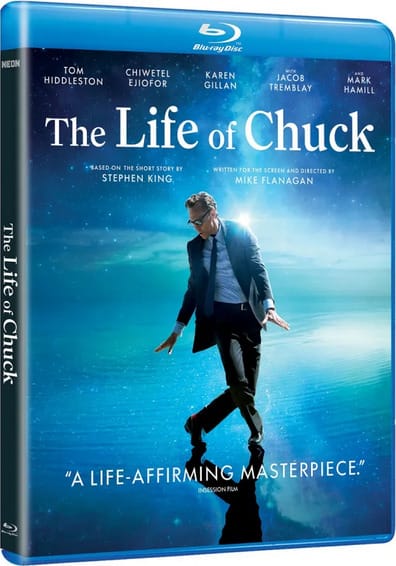
That's what The Life of Chuck is about, both literally and figuratively. It's a movie about the death of one man, sure, but also about the mysteries and multitudes he contains. Like most of Stephen King's best work, it's not a horror story, though there is a paranormal aspect, and people are haunted, at least technically. But it's not the sort of haunting either King or director Mike Flanagan is known for.
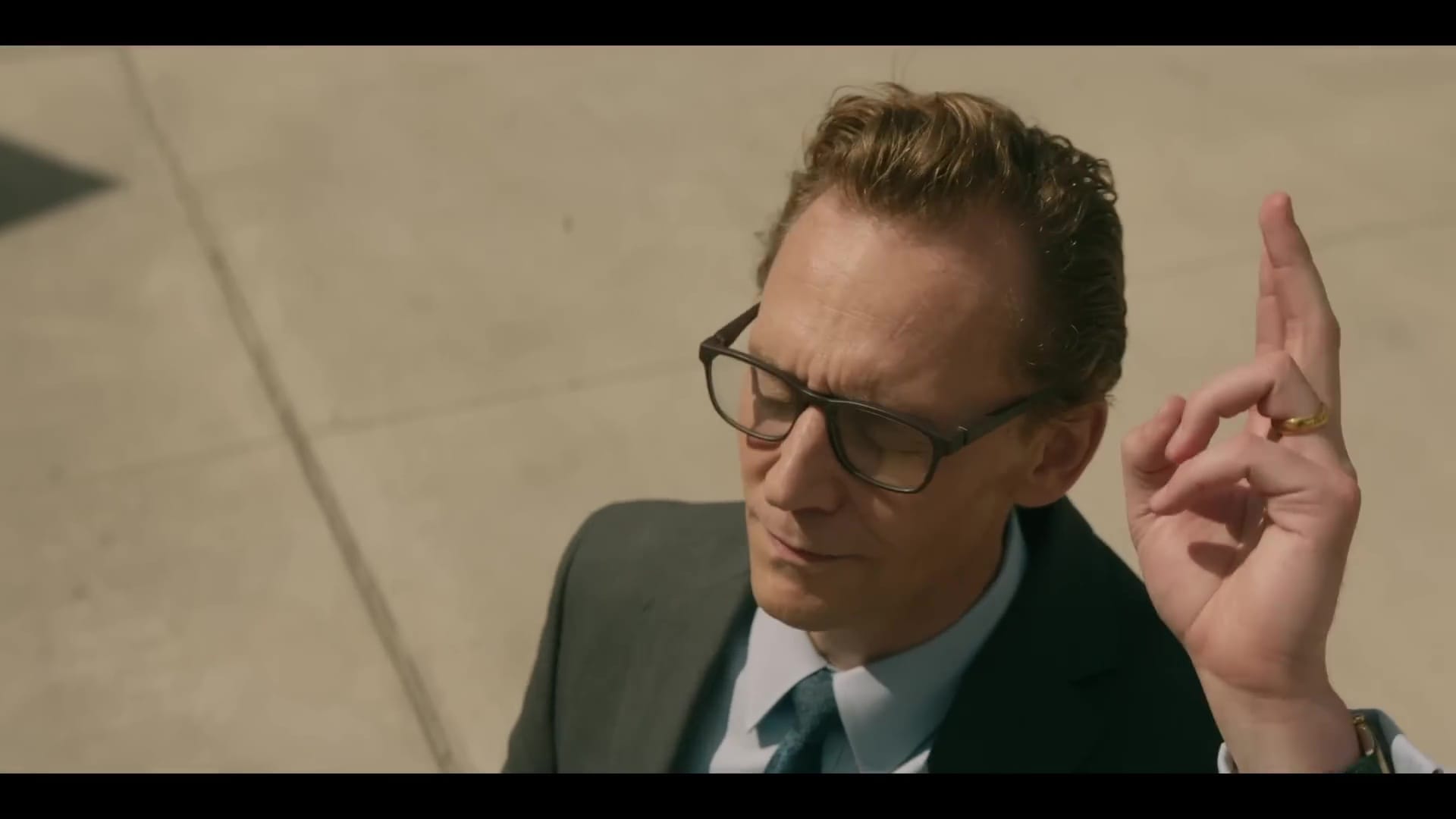
Also like most of King's best work, The Life of Chuck is about creativity, or at least the way observation and imagination can fuel a person's days even if that person isn't actively creating. Charles Krantz is an expressive, curious soul, open to the random wonder of the universe as well as its implacable, inevitable tragedies; if he's ultimately unknowable to the people who depend on him ... well, isn't everyone?
I digress. Or do I? There's room enough in The Life of Chuck for any number of tangents, and indeed the entire film – which plays out in three distinct acts, moving backwards through Chuck's history – could be dismissed as tangents. But King's really good at making complicated stuff look simple; it's what gets him dismissed as a pulp author even as he crafts genuine literature. And somehow, this theme brings out the best in Mike Flanagan, who's never made anything like this before but turns out to be really good at it.
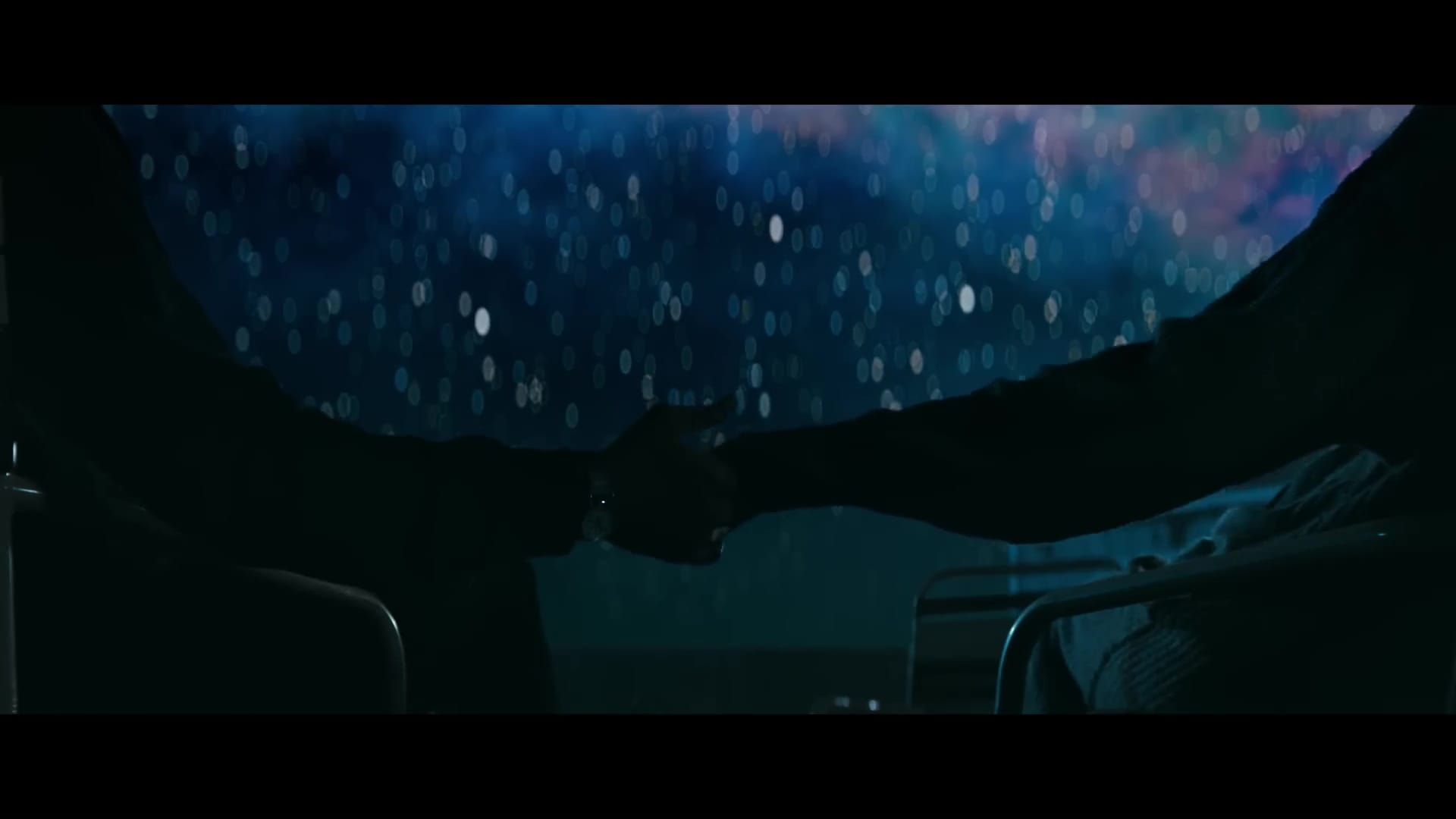
The Life of Chuck is a perfect synthesis of the optimism and compassion that rests underneath both King and Flanagan's work, and the synthesis here is truly beautiful: The movie starts with a mundane and eerily credible vision of the end of everything, then trades it for a joyful, sun-drenched vision of spontaneous artistic collaboration, then rolls back even further to the formative experiences of the young Chuck, mixing innocence, loss and adolescent discovery in the suburban-gothic territory King has made his own. And Flanagan makes it his, too, adding A-listers like Tom Hiddleston and Chiwetel Ejiofor to his usual repertory company – and finding new contexts for their specific gifts – to tell his deceptively simple story.
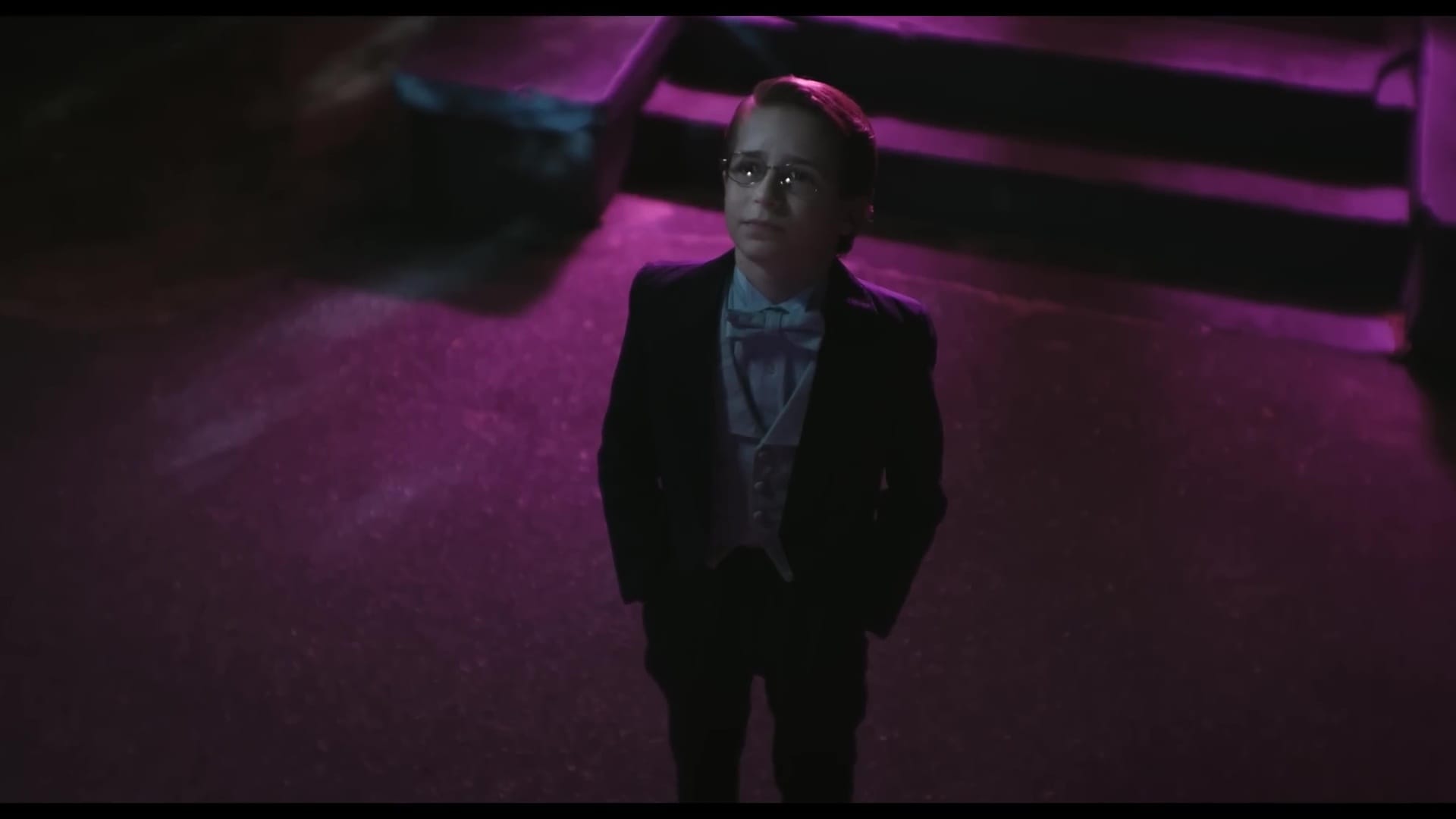
Unlike Flanagan's most recent King adaptation Doctor Sleep, The Life of Chuck isn't saddled with the same expectations; he doesn't have to emulate Stanley Kubrick's pacing or compositions, or struggle with the legacy of following up a beloved story. He can just sink into the world(s) of the story and gradually let us understand what it is that's been unfolding before our eyes.
Flanagan can give Mark Hamill an exquisite role as a Jewish accountant who knows things he doesn't want to know – and who’d do anything to keep other people from shouldering the same burden.
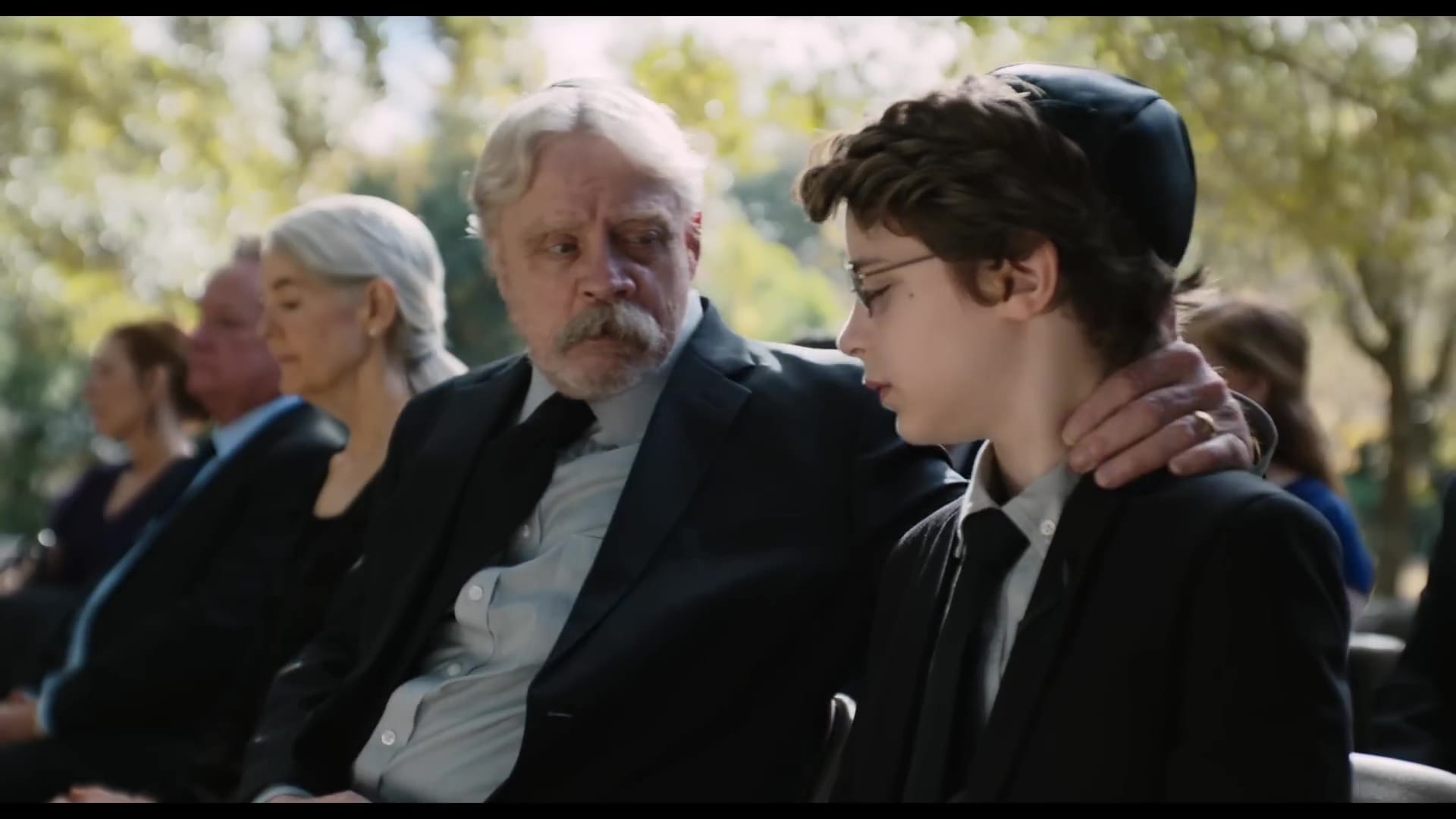
He can let Tom Hiddleston dance like no one's watching, and let David Dastmalchian be genuinely broken up about the death of Pornhub. He can let Mia Sara play a figure of pure love, or let Carl Lumbly talk about wanting to be a weatherman with just the tiniest tinge of regret in his voice, because even if that one dream didn't work out he had a pretty good life just the same.
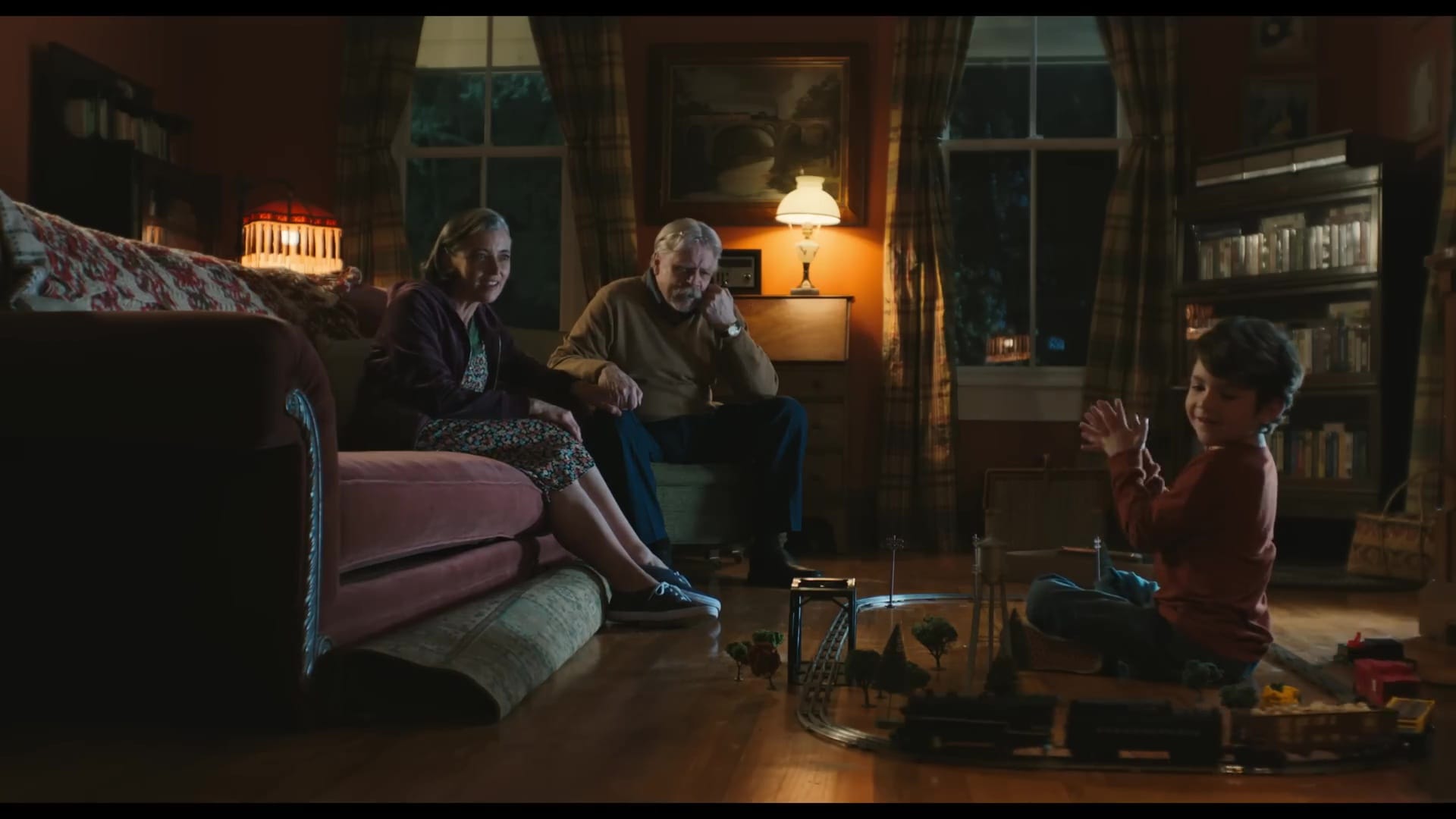
Flanagan finds room for all the little things that form this beautiful story, in much the same way William Goldman and Rob Reiner did with Stand by Me. The script respects the text and gives it room to breathe. I honestly think it’s the best adaptation of King’s work in decades. And just between us, I called it winning the TIFF People’s Choice Award in March of last year.
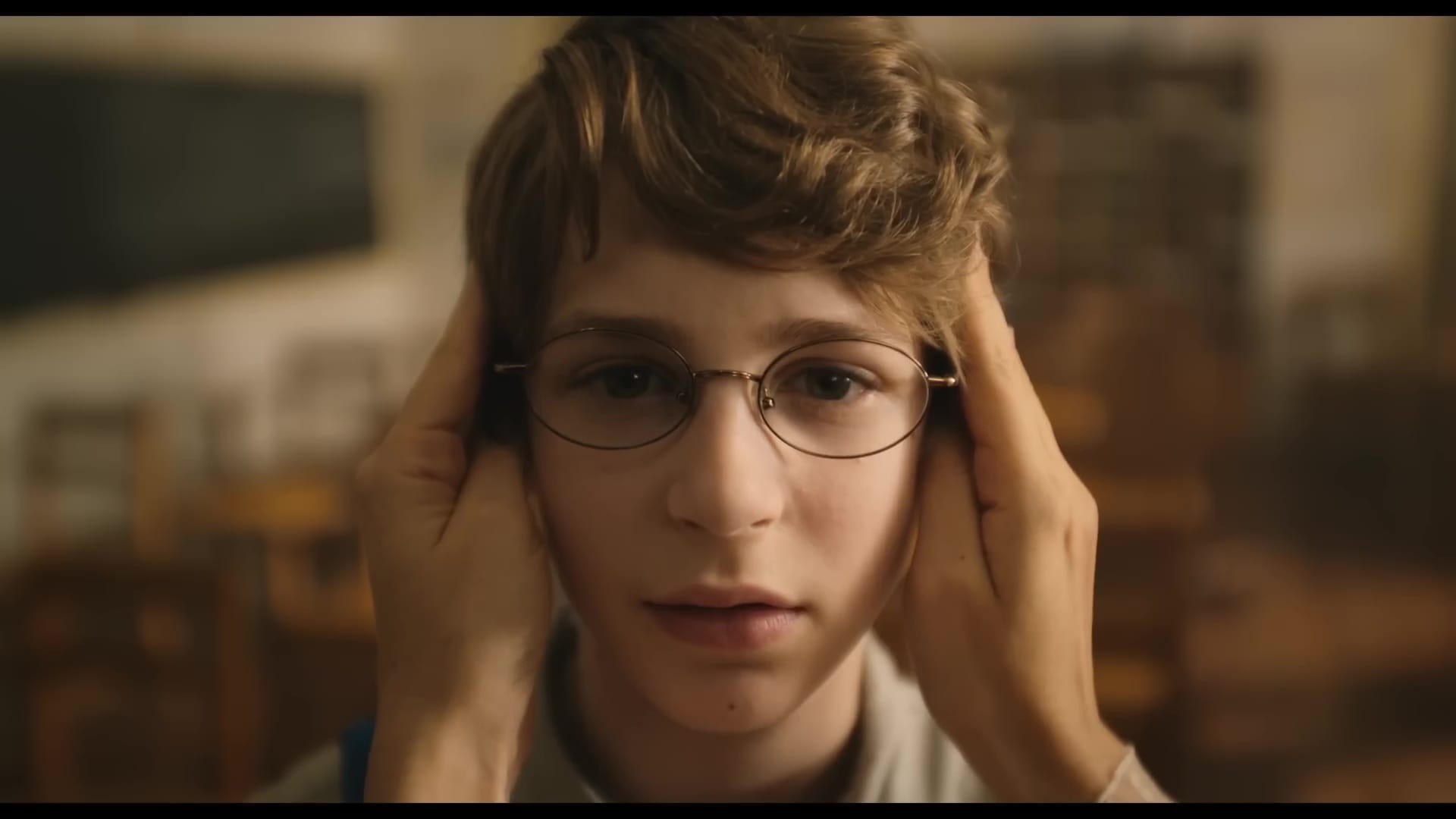
Decal is releasing The Life of Chuck in separate 4K and Blu-ray editions; I was sent a Blu-ray for review, which features a pristine 1080p/24 master – maintaining the subtly expanding aspect ratios in its three acts – with 5.1 DTS-HD audio. (I will eventually upgrade to the UHD, because I am who I am.)
Supplements include a making-of featurette that runs a little under 20 minutes and mostly focuses on the dance sequences threaded throughout the film.
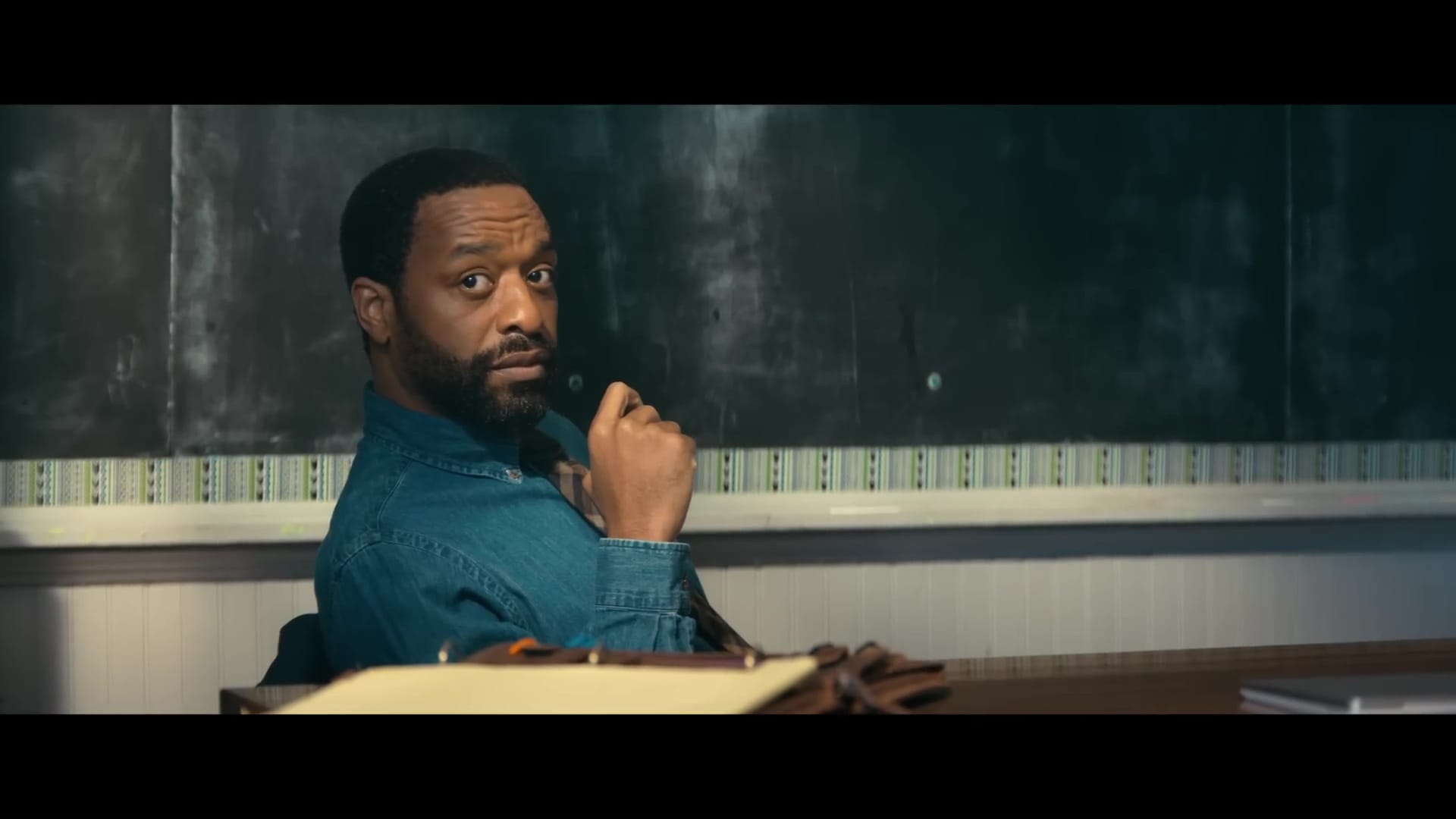
If that feels short, don’t worry; the disc offers another half-hour of material in extended versions of the interviews Ejiofor, Hamill and Hiddleston shot for the featurette, peppered with additional behind-the-scenes footage that includes a glimpse of Hiddleston and Annalise Basso rehearsing their showstopping number. And a quartet of trailers and TV spots explores the challenge of fitting this challenging, remarkable work into a sales pitch.
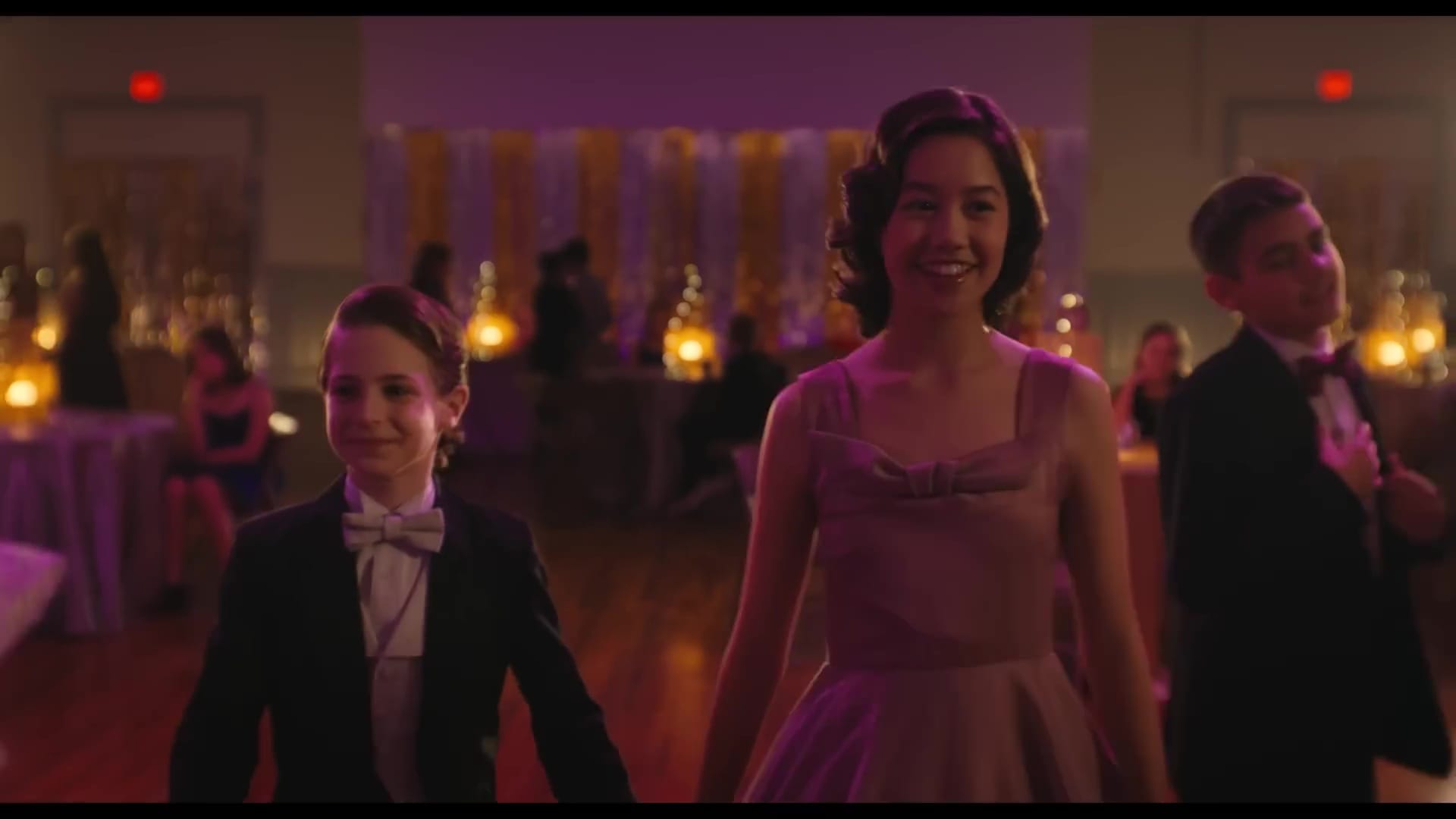
But the real prize is a lovely audio commentary by Flanagan, who has put as much thought into this project – and his responsibility to King’s text – as one would hope. I know Flanagan’s going to keep making horror stuff, both because he loves it and because it’s where the money is right now, but I’d really like to see him come back to pure drama. He’s very, very good at it.
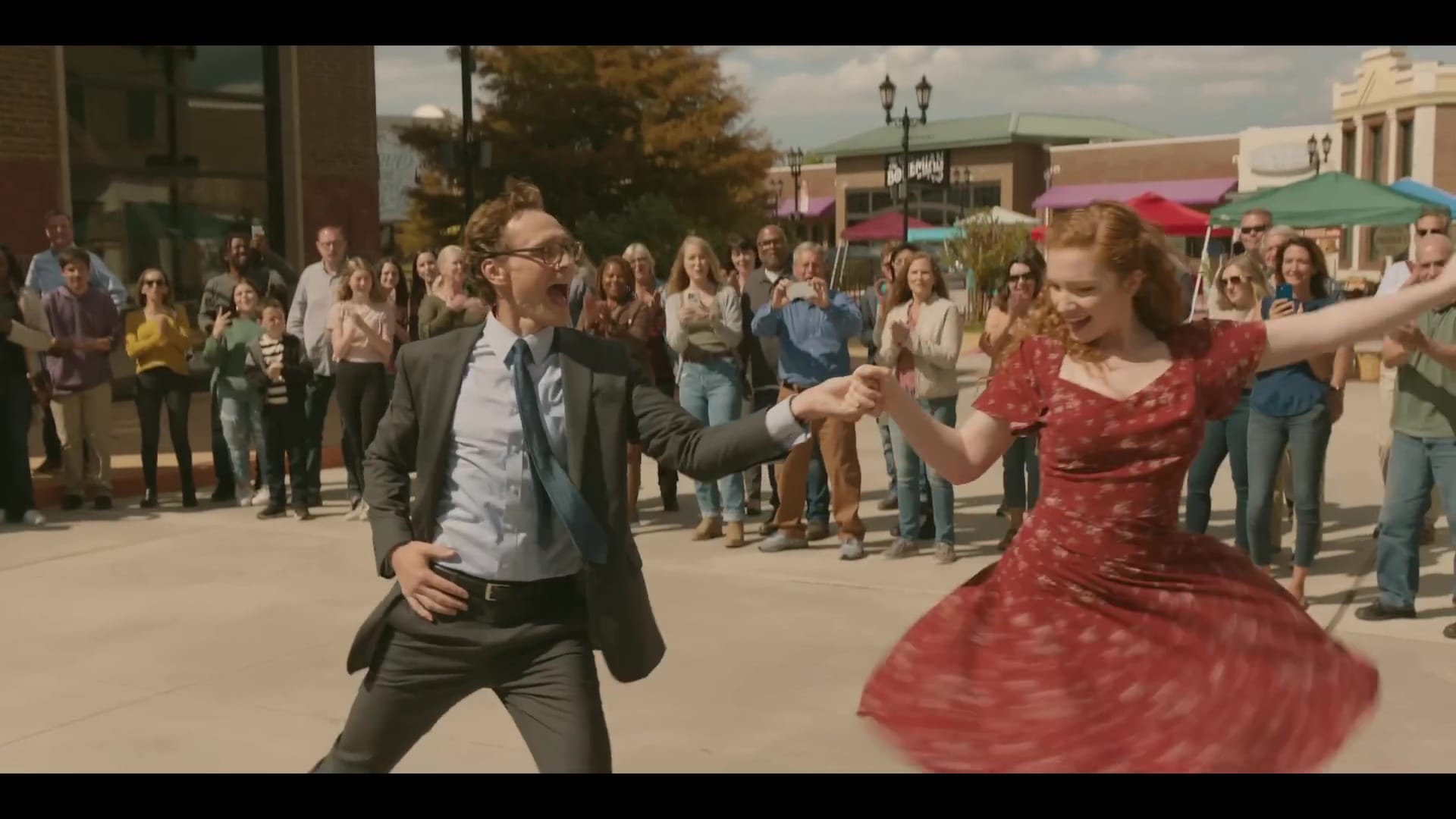
Up next: One, two, Freddy’s coming for you – again! – as Warner rolls out the complete Nightmare on Elm Street collection in 4K. And my Friday What’s Worth Watching newsletter shifts into Halloween mode; upgrade your subscription to see what streaming scares await!
